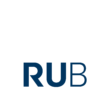Welcome to the Optionalbereich
Welcome to the Optionalbereich
Information about the Optionalbereich
Career goal: teaching
Internship
Language acquisition
Certificates
International
The Optionalbereich at Ruhr University Bochum
The Optionalbereich provides a comprehensive array of courses spanning various disciplines, offering students the opportunity to enhance their knowledge and skills across diverse subjects. Across 14 faculties, it coordinates hundreds of modules each semester for Bachelor’s degree programs, focusing on imparting crucial professional skills, interdisciplinary perspectives, and practical applications grounded in scientific principles.
What makes the Optionalbereich distinctive is its unparalleled scope within Germany. In 2-subject Bachelor’s degree programs, it constitutes 30 out of the 180 credit points required for graduation, allowing students to pursue self-directed studies. Moreover, it is also integrated, to varying extents, into 1-subject B.A. degree programs such as Sport, Social Sciences, Biology, and Archaeology. Detailed information for students, prospective students, and lecturers regarding the eight thematic profiles, individual modules, courses, specialized teacher training programs, and current updates are available on our website.
The Optionalbereich offers students a flexible pathway to tailor their academic journey according to their interests and career aspirations. Through the provided videos, tutorials, and written instructions (in German), students are guided from initial module selection to graduation. The profile handbook (in German) and examination regulations (in German) pertinent to each student’s academic track are also accessible on the website.
For students embarking on a 2-subject B.A. degree at Ruhr University, the Optionalbereich plays a central role in their academic pursuits. Within one of the eight available profiles, students engage with modules that align with their interests, fostering both academic growth and professional development. Opting for a profile entails completing a minimum of 20 credit points within that profile (out of the total 30 CP).
To optimize their learning experience, students are encouraged to commence Optionalbereich modules early in their academic journey. This enables them to apply and refine acquired knowledge and skills, potentially through internships. Module selection is entirely at the discretion of the student, allowing them to align their studies with their individual interests and goals.
Additionally, a minimum of 20 graded credit points is required for determining the overall grade, with flexibility in how these points are attained. It’s important to note that the 20 graded CP do not necessarily have to correspond to the chosen profile; however, it is essential that by the end of the program, 20 graded CP are achieved, along with 20 CP within a chosen profile, contributing to the total of 30 CP required for completion. Consultation services (in German) are available throughout the study period to assist students in profile development and module selection.
Detailed information regarding the Optionalbereich profiles and module offerings (in German) can be found on subsequent pages. Modules, constituting teaching units comprising multiple courses, are essential components of degree programs. They typically consist of courses such as lectures and seminars, culminating in a final module examination or completion of requisite courses. Module requirements and descriptions are provided in the module handbook and on eCampus, facilitating informed decision-making regarding course selection.
Our eight Profiles

The Research profile offers a close combination of teaching and research. It supports students through research-related courses and even tries to integrate them into current research projects. Students get to know the basic principles of research, are trained in critical thinking, and get to practice the research and scientific methods of their elected studies.
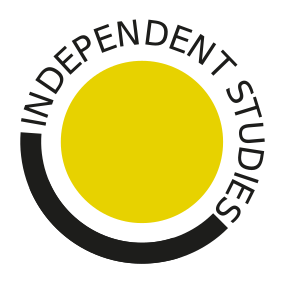
The Independent studies profile is aimed at students with an individual and more specific approach to their elective studies that goes beyond the profiles on offer. All courses of the Optionalbereich are included in this profile, which provide a vast combination of modules to the students’ liking and the acquisition of scientific, intercultural, technical, interdisciplinary, practical and artistic skills in many different fields of study.

The International profile, for which at least 10 CP have to be acquired via studies abroad, enables students to approach cultural, socio-political, philosophical, religious and economic subject matters on an international level. Additionally, this profile trains students in language and communication skills, as well as in cultural competences.
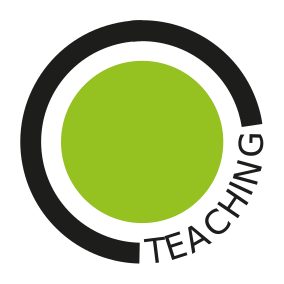
The Teaching profile is meant for students who plan to follow a teaching career at secondary schools. Available courses cover theoretical knowledge and practical application, which aim to impart didactic, communicative, and social skills that are relevant for educational settings.
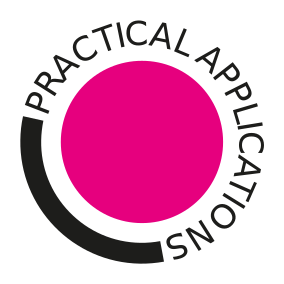
The Practical applications profile prepares students for their professional life outside the university after having obtained their B.A. As mandatory part of this profile, students have to complete internships of at least 10 CP in Germany or abroad. Those serve to further expand on key competences, such as independent work, taking responsibility, communicative and teamworking skills provided in complementary courses of the Optionalbereich.
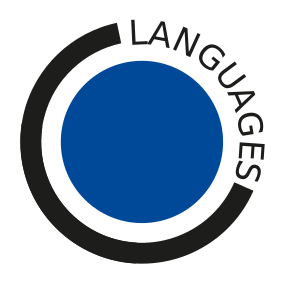
The Language profile focuses on the importance of multilingualism as foundation for international academic exchange, intercultural cooperation and mobility. The courses in this profile provide students with opportunities to learn new languages, expand on existing knowledge, further their understanding of their subject and deepen professionalism, for example, in the fields of business, media or law.
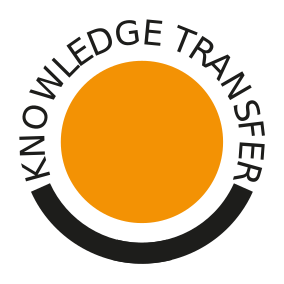
The Knowledge transfer profile prepares students for teaching outside of school, i.e. at university, in vocational or adult education. The courses offer didactic, communicative and social skills, which are applicable both in an out of classroom settings and can help students develop a professional attitude and critically reflect their roles as teachers.
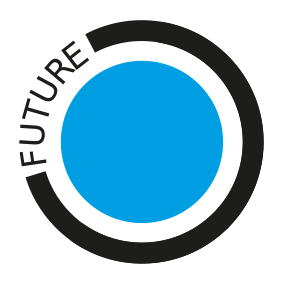
The profile Future deals with social challenges and general questions regarding the future and how to shape it. It promotes interdisciplinary cooperation to explore complex relations. Accordingly, students of this profile gain interdisciplinary competences, such as scientific, didactic, social and communicative skills.

The Research profile offers a close combination of teaching and research. It supports students through research-related courses and even tries to integrate them into current research projects. Students get to know the basic principles of research, are trained in critical thinking, and get to practice the research and scientific methods of their elected studies.

The Independent studies profile is aimed at students with an individual and more specific approach to their elective studies that goes beyond the profiles on offer. All courses of the Optionalbereich are included in this profile, which provide a vast combination of modules to the students’ liking and the acquisition of scientific, intercultural, technical, interdisciplinary, practical and artistic skills in many different fields of study.

The International profile, for which at least 10 CP have to be acquired via studies abroad, enables students to approach cultural, socio-political, philosophical, religious and economic subject matters on an international level. Additionally, this profile trains students in language and communication skills, as well as in cultural competences.

The Teaching profile is meant for students who plan to follow a teaching career at secondary schools. Available courses cover theoretical knowledge and practical application, which aim to impart didactic, communicative, and social skills that are relevant for educational settings.

The Practical applications profile prepares students for their professional life outside the university after having obtained their B.A. As mandatory part of this profile, students have to complete internships of at least 10 CP in Germany or abroad. Those serve to further expand on key competences, such as independent work, taking responsibility, communicative and teamworking skills provided in complementary courses of the Optionalbereich.

The Language profile focuses on the importance of multilingualism as foundation for international academic exchange, intercultural cooperation and mobility. The courses in this profile provide students with opportunities to learn new languages, expand on existing knowledge, further their understanding of their subject and deepen professionalism, for example, in the fields of business, media or law.

The Knowledge transfer profile prepares students for teaching outside of school, i.e. at university, in vocational or adult education. The courses offer didactic, communicative and social skills, which are applicable both in an out of classroom settings and can help students develop a professional attitude and critically reflect their roles as teachers.

The profile Future deals with social challenges and general questions regarding the future and how to shape it. It promotes interdisciplinary cooperation to explore complex relations. Accordingly, students of this profile gain interdisciplinary competences, such as scientific, didactic, social and communicative skills.
